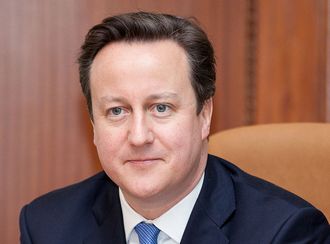 The Dutch courts have ruled that while the government is forbidden to snoop on its citizens over the internet, it is allowed to use data stolen from them by the American spooks.
The Dutch courts have ruled that while the government is forbidden to snoop on its citizens over the internet, it is allowed to use data stolen from them by the American spooks.
The Hague District Court Dutch ruled that intelligence services can receive bulk data that might have been obtained by the US National Security Agency (NSA) through mass data interception programs, even though collecting data that way is illegal under Dutch law.
A civil case filed by a coalition of defence lawyers, privacy advocates and journalists who sued the Dutch government wanted a court order to stop the AIVD and MIVD from obtaining data from foreign intelligence agencies that was not obtained in accordance with European and Dutch law.
NSA’s mass data collection programs violate human rights guaranteed by international and European treaties including the European Convention on Human Rights (ECHR), the lawyers argued.
However, the court said that under Dutch law, Dutch intelligence services are allowed to collaborate with the NSA. The NSA in turn is bound by US law which, in general, does not conflict with the human rights convention privacy requirements.
Since raw data is shared in bulk, less stringent safeguards are necessary than would apply when the data is examined and used, the court said. It added that there would be a big difference between receiving data and using it for individual cases.
The court said it only ruled on general grounds, assessing the actions of the state in general. It suggested the outcome could be different when individual lawsuits or complaints were filed with the relevant institutions.
The lawyers bringing the case were furious and dubbed it “incomprehensible.”
In a statement, they said that innocent citizens’ privacy rights should prevail over the interests of intelligence services. Because the data exchanged in bulk involves information on many innocent people, safeguards that are more stringent are needed.
They plan to appeal the ruling.

















